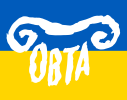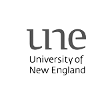Harry Rao on Autism and Hercules
Autism and Hercules
By Harry Rao
ACCLAIM Network member, Harry Rao, reflects on how Hercules connects with autism including for Harry personally. Harry is currently in the second year of his undergraduate degree in Classical Civilisation at the University of Roehampton, London where he is planning his undergraduate dissertation on ancient Greek religion and mythology under the guidance of Professor Susan Deacy.
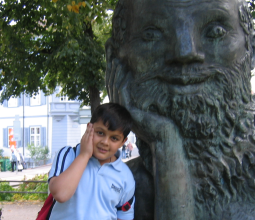
Harry Rao's Mythical Childhood
Writing about how autism specifically relates to the mythical figure of Hercules is a topic which I was almost predestined to share. It is a study that resonates with me on a personal level, mirroring my own struggles and the trials in my own life as a person born with autism as well as someone who was enamoured by Greek Mythology since a young age.
I first discovered Greek Mythology, like many young children, through the animated Disney film Hercules from 1997. This film served as strong catalyst for helping to initiate a lifelong passion in me for Greek Myth and Literature. On some level what I have always enjoyed most about Greek Heroes is how when we deconstruct them, they are so profoundly human as they have a propensity to be influenced and dictated by human emotions of rage, pain, sorrow etc.
This brings me to the figure of Hercules, arguably the most famous Greek hero with a long and illustrious life involving prodigious and superhuman feats such slaying the Nemean Lion or killing the Lernean Hydra, or lifting the Heavens. Despite such feats Hercules at his core was bound by human fallibility before he underwent divinization.
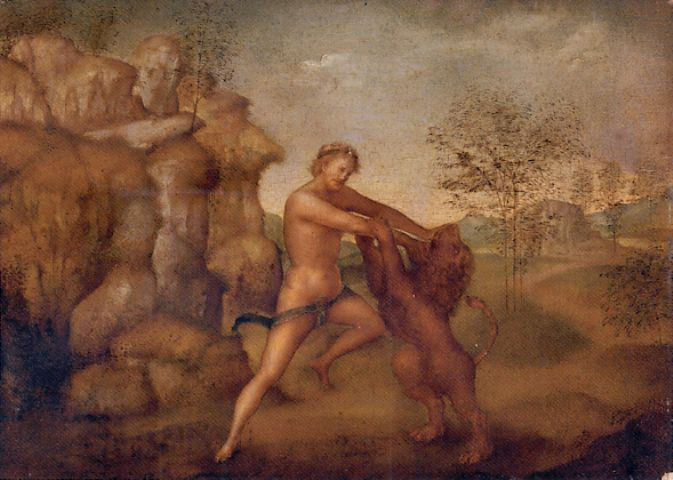
Figure 1: “A man who has to face one insuperable challenge after the other” - Hercules and the Nemean Lion, attributed to Jacopo Torni (1492–1560). In the public domain, sourced from https://commons.wikimedia.org/wiki/File:Hercules_and_the_Nemean_lion_attributed_to_Jacopo_Torni.jpg
This is the aspect of Hercules’s character that made him so palpable and identifiable to me growing up. Because Hercules was a victim of his own failure, Hercules’s own volatile emotions were his worst enemy. The whole reason for Labours was to atone for his past digressions and murder of his wife Megara and children. While this is an example of extremity, conceptually I believe this analogy of having difficulties to emote and respond well to change does have some merit when comparing struggles of Hercules to struggles of children and even adults with Autism, something which I can verify through first-hand experience.
I believe the idea of Hercules being a man who has to face one insuperable challenge after the other, with the odds being continuously tacked against him, and Hercules’s ability to overcome these challenges links directly into the struggle of those on the Autistic Spectrum. I know for myself the idea of Hercules overcoming different kinds of adversity which people with Autism might potentially face with great regularity on a daily basis.
For example Hercules’s slaying of Hydra or the Stymphalian birds represents an equally problematic but different kind of challenge to cleaning the Augean stables. However at their core they are all fundamental example of facing fears and trepidations and finding ways to circumvent and overcome these problems. This could parallel the struggle many autistic people (myself included) face with great regularity on a daily basis.
Whether it’s something as small getting up in morning and engaging in basic communication with others, or something much larger such as wanting to be accepted by peers by in a new and unpredictable environment something that is mirrored by own apprehensions when first coming to the University of Roehampton. This was the first time I was completely on my own without a support system, something which parallels Hercules’s predicament when having face his labours alone and unabated by others.
However I would like to say that, despite the struggles and trials that Hercules has to overcome, I believe the figure of Hercules is somewhat of a metaphor for a type of hope. This is something which Autistic people myself included can identify and find some comfort in.
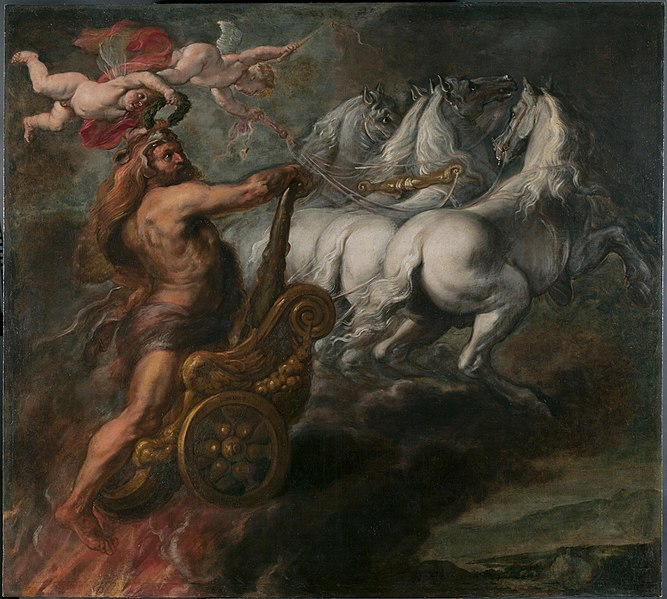
Figure 2: “A journey to greatness and fame” - The Apotheosis of Hercules by Jan Baptist Borrekens (1611-1675) after Peter Paul Reubens (1577-1640). In the public domain, sourced from https://commons.wikimedia.org/wiki/File:Jan_Baptist_Borrekens,_after_Rubens_-_The_apotheosis_of_Hercules.jpg
Just like Hercules, a person with autism might be experiencing and fighting insurmountable odds in world that does not always understand them. However fighting these odds and overcoming adversity will be something which will be ultimately worthwhile, as through intense dedication and motivation, I believe those with autism can excel greatly and more importantly find their place in the world by being rewarded for their efforts, just Hercules after all his labours and the strife experienced was eventually upon his death defied.
This analogy represents a journey to greatness and fame that all those with Autism can strive towards and attain just like the figure of Hercules did: a line of philosophy which is hugely applicable to me, and my own classical journey, despite all the hurdles and trails faced as someone with autism and learning difficulties, wanting to embrace these traits, enabling me to be stronger and achieve a dream which is to be the best classicalist I can possibly be.
I think the song composed by Michael Bolton from the soundtrack of the 1997 Hercules, best embodies the journey and struggle of those with autism myself included and how facing these fears will eventually amount to receiving gratification and acceptance in the form of a ‘’Hero’s welcome’’!
Harry Rao, July 2022
Here is the link to Michael Bolton’s Go the Distance, written by Alan Menken and David Zippel, from the Walt Disney Pictures animated film Hercules, 1997 (dir. John Musker and Ron Clements):




